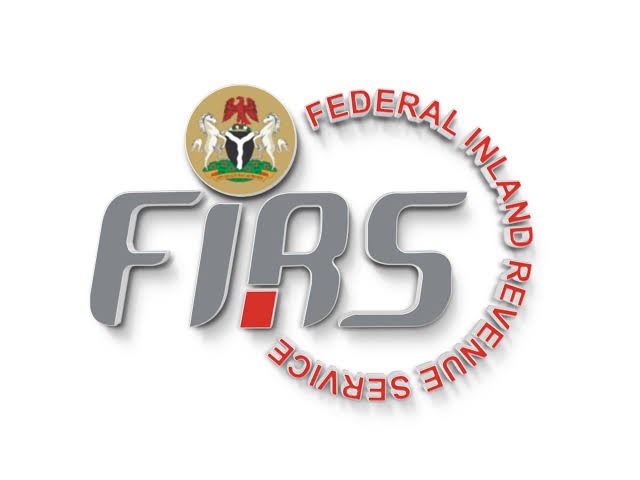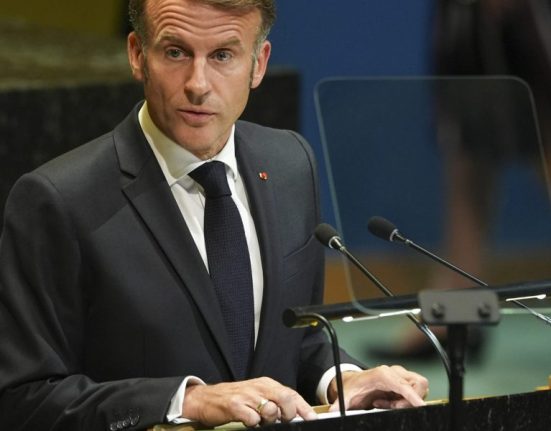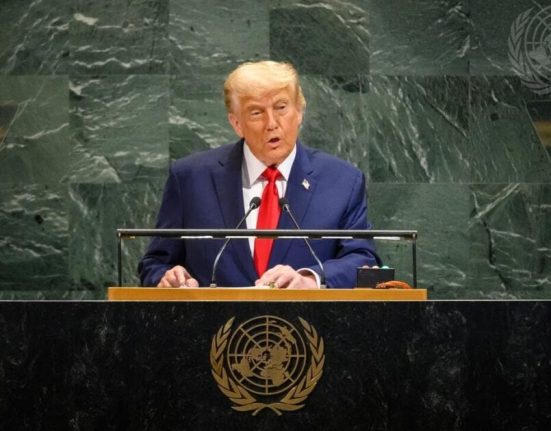
The Federal Inland Revenue Service (FIRS) has called on Nigerians to view tax payment not as a burden but as a vital civic responsibility that fuels national development.
Speaking at a one-day sensitization program titled The Role of Media in Voluntary Tax Compliance in Kaduna on Wednesday, FIRS Chairman Zacch Adedeji emphasized that tax revenues are the lifeblood of Nigeria’s progress, funding essential infrastructure and services like hospitals, roads, schools, and security.
Represented by his Technical Assistant on Broadcast Media, Arabinrin Aderonke Atoyebi, Adedeji urged citizens to adopt a culture of voluntary tax compliance. “Taxes are not just government revenue; they are the foundation of our nation’s growth,” he said.
“When citizens see the direct benefits of their taxes and trust the system, they are more likely to comply willingly.”
He acknowledged widespread perceptions of taxation as punitive but stressed that transparency and accountability are key to changing this mindset.
The event, attended by journalists, tax experts, and stakeholders, highlighted the media’s pivotal role in fostering tax education.
“Journalists are not just reporters; they are educators and influencers who can bridge the gap between taxpayers and the government,” Atoyebi said. She urged the media to demystify taxation, showcase its benefits, and hold authorities accountable to build public trust.
In a presentation titled Voluntary Tax Compliance: A Pathway to Sustainable Development in Nigeria, Dr. Mohammed Adamu, a tax expert, described taxation as the most reliable source of government revenue.
Defining voluntary compliance as taxpayers’ willingness to declare income, file returns, and pay taxes without coercion, Adamu noted, “A compliant taxpayer is a stakeholder in national progress.”
He highlighted that compliance reduces enforcement costs, fosters patriotism, and signals stability to investors. Key drivers, he added, include fair tax administration, robust taxpayer education, and transparent governance.
Adamu praised FIRS initiatives like the TaxPro Max platform, amnesty programs, and taxpayer service units, which have simplified compliance.
Meanwhile, Ishaku Ankuma, Senior Manager at the Kaduna Government Business Office, underscored practical steps like diligent record-keeping, timely filing, and prompt remittance of withholding taxes.
“Compliance is not just a legal duty but a patriotic act,” Ankuma said, warning that non-compliance risks fines, interest, criminal charges, and reputational damage.
He also noted that tax compliance certificates are increasingly required for financial transactions, underscoring their importance.
Ankuma advocated for youth-focused programs like Catch Them Young in schools to instill a tax-paying culture early, aligning with long-term nation-building goals.
With Nigeria facing fiscal challenges—2024 revenue targets missed by 15% according to recent FIRS data—the push for voluntary compliance aims to close the gap.
The agency reported that only 10% of Nigeria’s 200 million population actively pay taxes, a stark contrast to countries like South Africa, where compliance rates exceed 60%.
The program concluded with a rallying cry for journalists to amplify the benefits of taxation, expose evasion, and foster a narrative that positions taxpayers as partners in progress.
Click to signup for FREE news updates, latest information and hottest gists everyday
Advertise on NigerianEye.com to reach thousands of our daily users









Leave feedback about this